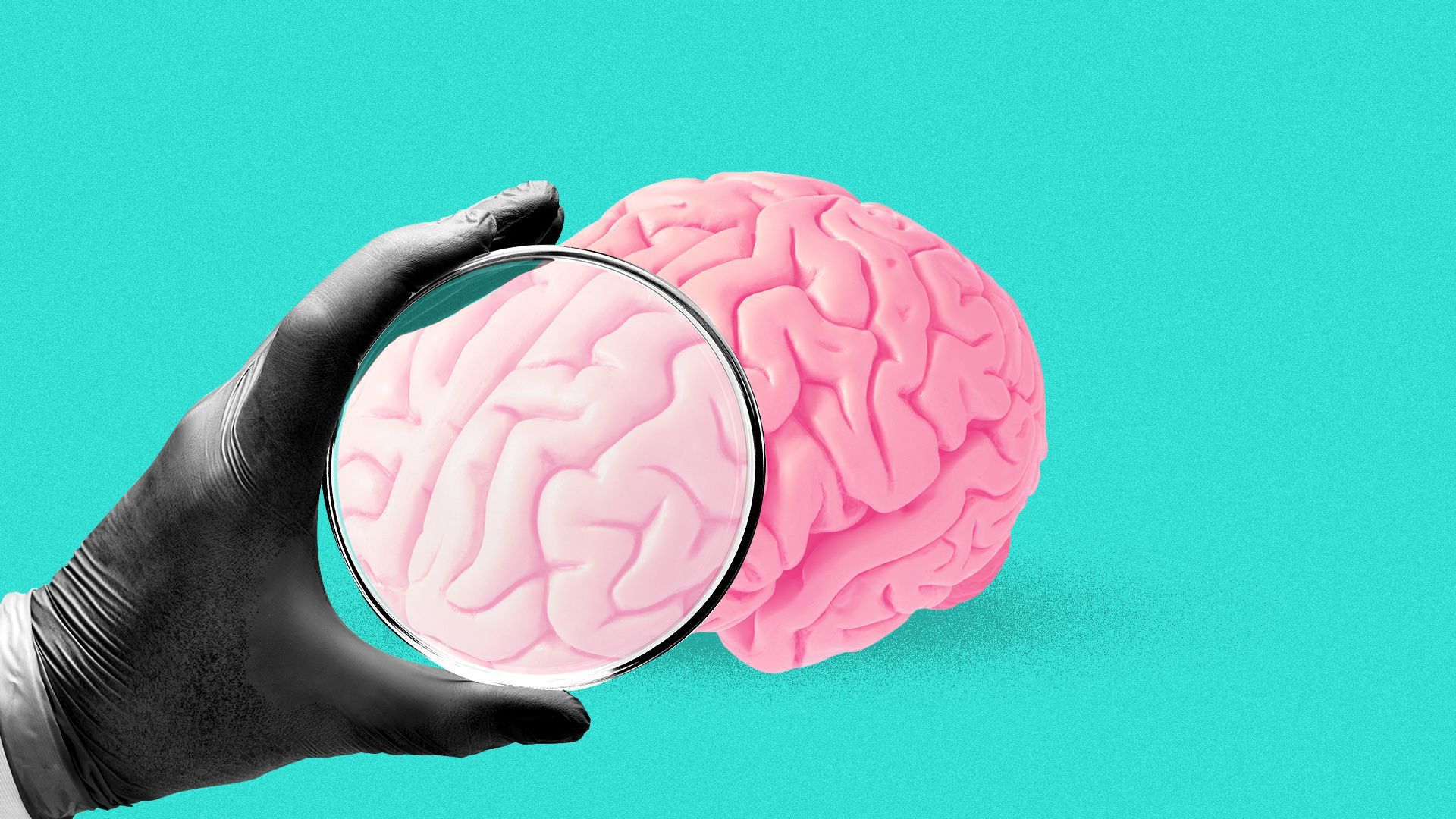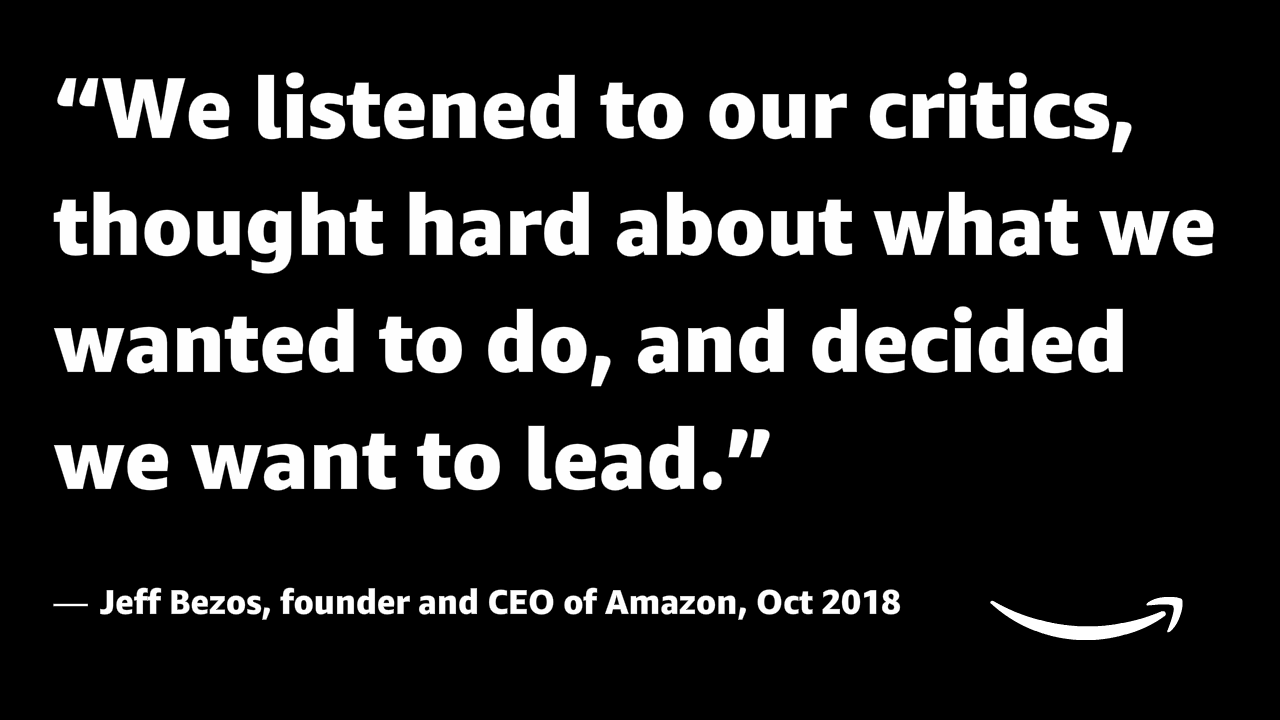| | | | | | | Presented By Amazon | | | | Axios AM | | By Mike Allen ·Feb 28, 2021 | | 🧤 Good Sunday morning, and g'bye February. Smart Brevity™ count: 957 words ... < 4 minutes. 🎬 Tonight on "Axios on HBO" (6 p.m. ET/PT on all HBO platforms): Dion Rabouin flies to Miami to interview Mayor Francis Suarez ... I sit down with White House senior adviser Cedric Richmond (Watch a clip) ... Axios editor in chief Nicholas Johnston explores cyberhacks with FireEye CEO Kevin Mandia ... and Erica Pandey talks to Reddit CEO Steve Huffman (Watch a clip). | | | | | | 1 big thing: COVID confusion breeds scams |  Data: FTC. Chart: Sara Wise/Axios Scamming has skyrocketed in the past year, with much of the increase attributed to COVID and vaccines, Axios' Sara Fischer and Margaret Harding McGill write. - Why it matters: The pandemic has created a prime opportunity for scammers to target people who are already confused about the chaotic rollouts of stimulus payments, loans, contact tracing and vaccines. Older people, often less digitally literate, are the most vulnerable.
In 2020, the FTC received 4.7 million consumer scam reports, up from 3.2 million in 2019. - Most COVID-related fraud reports relate to online shopping.
- The Department of Homeland Security has analyzed 80,000 COVID-related domains in pursuit of scams, including counterfeit N95 masks.
What's happening: While social media is often considered the murkiest part of the web, most scammers aren't using social media, as the biggest platforms have gotten good at weeding out bots and scam accounts. - Rather, the vast majority of scams use phone, text or email.
- The FTC found a sharp increase in text message scam reports last year. Many related to stimulus relief or loans.
A few tips: - People soliciting payments to help you with things like health care or vaccine enrollments are likely scammers.
- Scammers often pretend to be organizations you're familiar with. That's the reason, as Axios has reported, that scam callers will often spoof D.C.-area codes pretending to be the IRS or HHS.
Share this story. |     | | | | | | 2. Dems strafe Cuomo as second accuser goes public | | Courtesy N.Y. Post New York Gov. Andrew Cuomo is being pummeled by fellow Democrats after The New York Times reported that a second former aide in four days had accused him of sexual harassment. - Why it matters: Cuomo already faced a revolt from legislators for his handling of nursing-home deaths from COVID. Now the scandal is acutely personal, with obviously grave political risk.
Rep. Alexandria Ocasio-Cortez tweeted that the women's "detailed accounts of sexual harassment by Gov. Cuomo are extremely serious and painful to read," and said the state attorney general should investigate. - She was among several prominent Dems who said an "independent review" Cuomo announced was inadequate.
Charlotte Bennett, 25, an executive assistant and health adviser in the Cuomo administration until November, told The Times that the governor, 63, had harassed her during the height of the state's COVID fight, including asking whether "she had ever had sex with older men." - The most disturbing encounter came June 5, when she was alone with Cuomo in his Capitol office, The Times reports (subscription):
[S]he said the governor had asked her numerous questions about her personal life, including whether she thought age made a difference in romantic relationships, and had said that he was open to relationships with women in their 20s — comments she interpreted as clear overtures to a sexual relationship. - Bennett said Cuomo complained about being lonely during the pandemic. She said he mentioned that he "can't even hug anyone," then asked her: "Who did I last hug?"
Cuomo said in a statement that he intended to act as a mentor: "I never made advances toward Ms. Bennett nor did I ever intend to act in any way that was inappropriate." - On Wednesday, former aide Lindsey Boylan, 36, wrote that Cuomo suggested: "Let's play strip poker."
|     | | | | | | 3. Lab-grown cells offer new window into brain |  | | | Illustration: Aïda Amer/Axios | | | | Clumps of brain cells grown in the lab provide a way to study the organ that is central to our species but is largely inaccessible in living people, Axios managing editor Alison Snyder writes in Axios Science. - Why it matters: Brain-related disorders — from autism spectrum disorders to schizophrenia to Parkinson's disease — are a leading contributor to disability in people around the world. These purposefully grown brain-like tissues, called organoids, have the potential to help researchers better understand them.
How it works: Neural organoids are 3D clumps of cells that begin in the lab as stem cells, then are chemically coaxed into becoming neurons. - They're both a closer proxy for the human brain than the animal models researchers have traditionally used — and an alternative to studying tissue from humans, which can raise ethical challenges.
What to watch: As brain organoids become more complex, the ethical and legal questions will grow. - One question — sparked by brain organoids showing coordinated electrical activity among neurons — is whether brain models could eventually become conscious, Sara Reardon writes in Nature News.
🧠 Sign up for Alison Snyder's weekly newsletter, Axios Science. |     | | | | | | A message from Amazon | | What Amazon saw after raising their starting wage to $15/hr | | |  | | | | Applications doubled and the investments made in their hourly employees were quickly transferred to local businesses and economies, showing the benefits far transcend the workplace. They're ready to see this done on a larger scale. It's time to pass the Raise the Wage Act. | | | | | | 4. Pics du jour: U.S. strikes in Syria, before and after |  | | | Photo: Maxar Technologies via Reuters | | | | Satellite close-ups of buildings at an Iraq-Syria border crossing, before (above) and after (below) Thursday airstrikes ordered by President Biden. Photo: Maxar Technologies via Reuters |     | | | | | | 5. Virginia is first Southern state to legalize pot |  | | | What the Virginia Senate, meeting at the Science Museum of Virginia in Richmond, looks like during COVID. Photo: Steve Helber/AP | | | | The Virginia legislature, a week after abolishing the death penalty, continued showing the commonwealth's changing times by voting last night to legalize marijuana for adult recreational use in 2024. - Why it matters: In a state once synonymous with the Old South, Democrats over the past two years have used their new legislative control to refashion Virginia as the South's progressive leader on racial, social and economic issues, AP reports.
The marijuana measure "now heads to the desk of Gov. Ralph Northam, who has been adamant ... that marijuana legalization is a top priority," the Richmond Times-Dispatch notes. - The vote against capital punishment was a dramatic turnaround for a state that has executed more people than any other.
|     | | | | | | 6. Parting shots: Skiing Half Dome | | Photo: Jason Torlano via AP Two skiers navigated a thin layer of snow — with no margin for error — down the precipitous 4,800-foot shoulder of Yosemite's Half Dome in subfreezing temperatures, per AP. - Jason Torlano, 45, and Zach Milligan, 40 (above), completed the daring descent in five hours last weekend — charging down Half Dome's arching back, and using ropes to rappel down several sections of bare rock known as the "death slabs," the Fresno Bee reported.
Photo: Jason Torlano via AP Zach Milligan (lower left) descends Half Dome. - 🎞️ See the trailer for "Free Solo," about climbing Half Dome without ropes.
|     | | | | | | A message from Amazon | | It's time to raise the federal minimum wage | | |  | | | | In 2018, Amazon established a $15/hr starting wage which is more than 2X the federal minimum wage of $7.25/hr. They've seen the positive impact it's had on their employees and their families. That's why they're calling on Congress to pass the Raise the Wage Act. It's the right thing to do. | | | | 📬 Thanks for sharing your Sunday with us. Please urge your friends to sign up for Axios AM/PM. | |











No comments:
Post a Comment